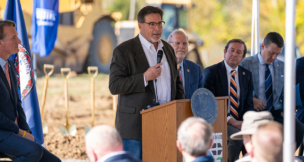Dec 16, 2019
JLARC recommends improvements to workers’ comp system
Virginia should pursue improvements to its existing workers’ compensation system program before considering an alternative program, the Joint Legislative Audit & Review Commission recommended in a study released Monday. In December 2018, JLARC directed its staff to conduct a review of Virginia’s worker’s compensation system. The report issued nine major findings regarding com[...]










